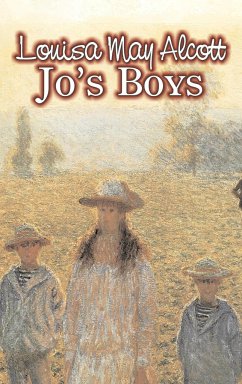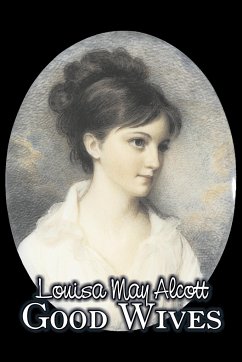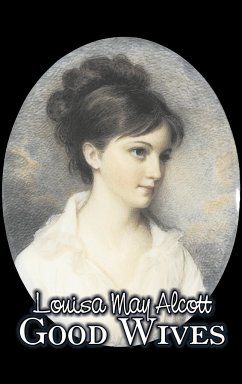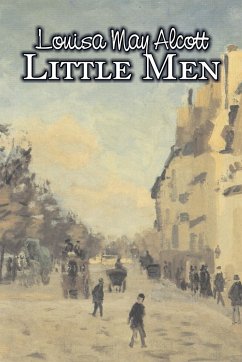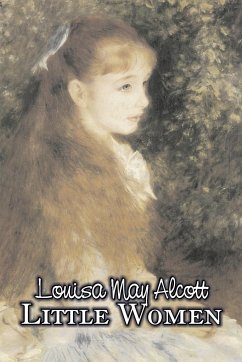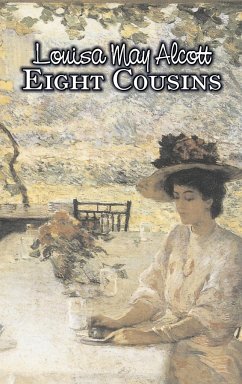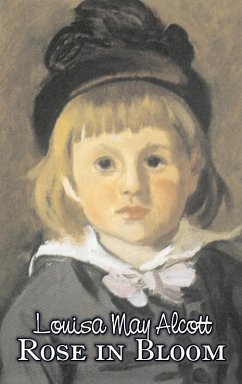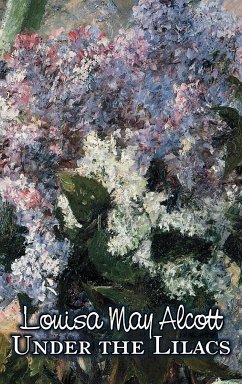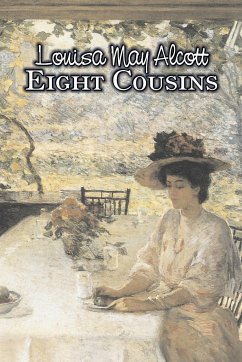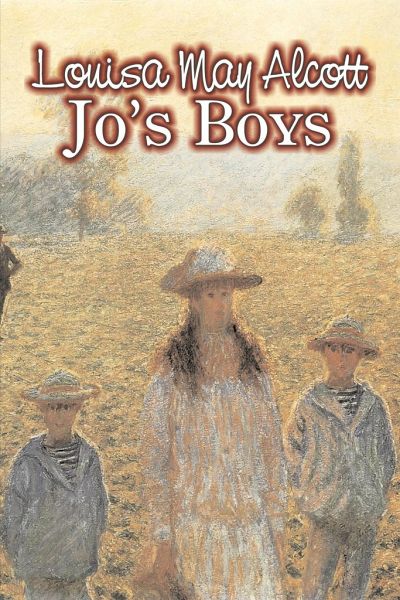
Jo's Boys by Louisa May Alcott, Fiction, Family, Classics

PAYBACK Punkte
8 °P sammeln!
Little Women and Good Wives introduced Jo March as a fifteen-year-old tomboy. Little Men found her married, and running a school for boys. Jo's Boys opens ten years later, and the boys are young men with careers and not-such-little women to discover. Nat, who could play the fiddle, is a violinist; Dan still gets into trouble. The story catches up with all the "little men" -- and Jo, as well. Alcott tips her hand here: Jo is a version of the author herself. Jo's writing brings her "gold and glory." Fame is a fleeting nuisance, she learns, but the money allows her to do the most she can for the ...
Little Women and Good Wives introduced Jo March as a fifteen-year-old tomboy. Little Men found her married, and running a school for boys. Jo's Boys opens ten years later, and the boys are young men with careers and not-such-little women to discover. Nat, who could play the fiddle, is a violinist; Dan still gets into trouble. The story catches up with all the "little men" -- and Jo, as well. Alcott tips her hand here: Jo is a version of the author herself. Jo's writing brings her "gold and glory." Fame is a fleeting nuisance, she learns, but the money allows her to do the most she can for the people around her. Alcott even steps in front of the curtain to wonder if the story shouldn't end with something huge -- "melodramatic" -- an earthquake! But, no, it ends the way it should. And as readers continue to find new delights in Jo's story, it never ends at all.





